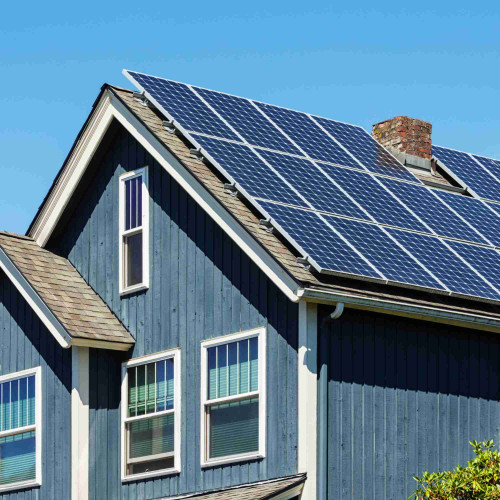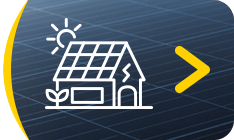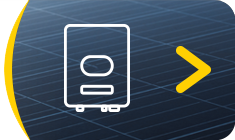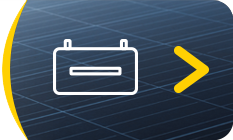- 16 Oct, 2017
- Solar Training

To achieve an effective energy transition, consumers play a crucial role. This will only be possible if private households actively participate by using renewable energy, such as solar panels, solar inverters, or photovoltaic panels. Enovos, in collaboration with market research companies TNS Ilres (Luxembourg) and TNS Infratest (Germany), conducted a survey on the impact of different actors on the energy transition. About 530 experts and 1000 citizens from Germany, Luxembourg, France, and Belgium participated. The survey revealed that 20% of citizens and experts believe that each household plays a significant role in this project. Half of the experts and 35% of citizens find it necessary to invest in research and development. However, the key role will always lie with the consumer, because the future "consom'acteur" will not only consume electricity but will also produce energy in their home using renewable energy sources, supply the grid, and distribute their productivity.
The role of actors in the energy transition
According to this survey, 38% of specialists believe that 20% of private households could become energy producers after 2030. The Luxembourg experts agree with this opinion, unlike France, which has a percentage of 32%. In Germany, the percentage of consumers in favor of the energy transition is 35%, while in Belgium it is 38%. A quarter of the experts believe that 20% of households will be technically capable of producing energy between 2020 and 2030. However, some experts are more optimistic, such as the Luxembourg specialists with 34%. For the Germans and the French, the percentages are 29% and 28%, respectively. The Belgian experts show a relatively low percentage of 17%. Only 6% of participants think that private households will produce enough electricity by 2020. According to 13% of experts from all countries, it is impossible to achieve the goal. With smart meter technology, today's passive energy customer will become an active market participant. Nearly a quarter of experts believe that these smart meters will be widely installed in every household by 2030. However, 36% of real estate specialists think that these meters will only be usable after 2030.
When will you be equipped with smart meters?
In a few years, smart homes that operate with a solar panel or photovoltaic panel will appear, along with these smart meters. Result: all household and communication devices will be interconnected. For 42% of participants, tablets and smartphones will play a major role in 2030. The citizens from the four countries are more pessimistic and have a rate of 31%. In the ENOVOS READINESS INDEX, we see that Germany, with 55 points out of 100, is at the top, followed by Luxembourg and Belgium with 54 points. France is in third place with 53 points. This energy roadmap allows for evaluating the positioning of these four countries in reorganizing their energy supply systems. Can solar batteries and micro-inverters help us in the future?











